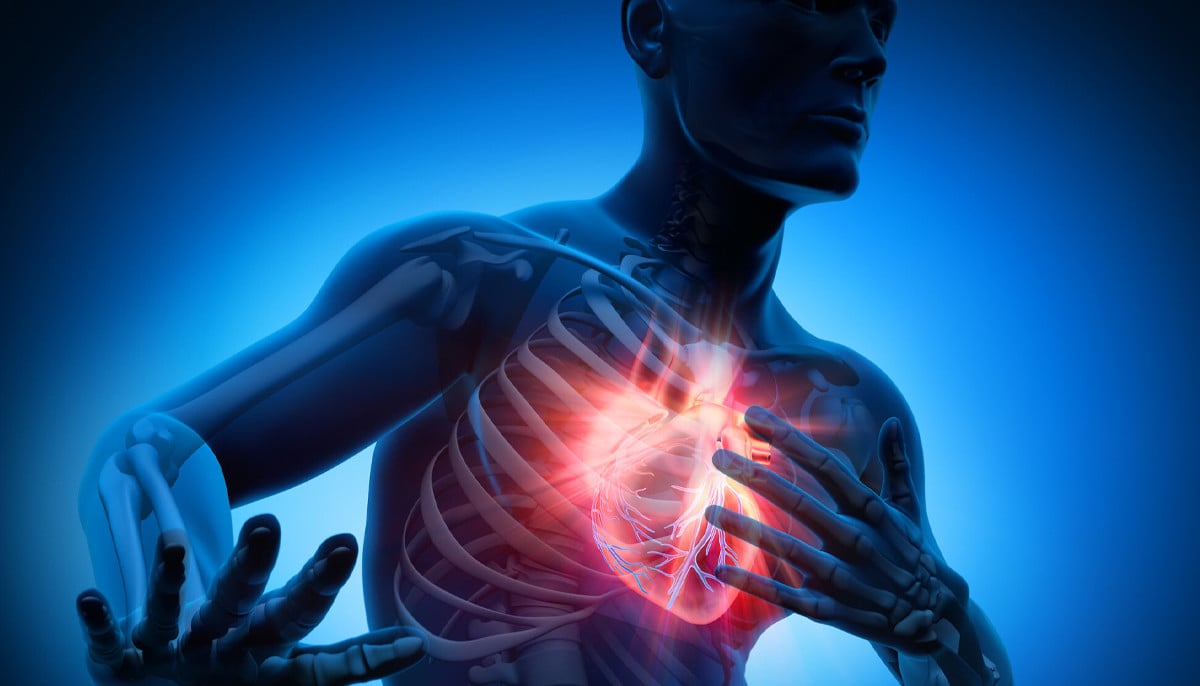Children are suffering from disordered eating
Disordered eating, which is not necessarily an eating disorder, is a term used to describe harmful food-related habits that could be dangerous to a person's health
A JAMA Pediatrics study found that more than 1 in 5 children and young adults have eating disorders.
Disordered eating is a catch-all phrase used to describe harmful activities that go undiagnosed.
A total of 32 studies from 16 different nations were used by the research team, and it was shown that 22% of children and young adults had eating problem behaviours. Particularly among older adolescents with a higher BMI, more girls than boys displayed symptoms of disordered eating.
Disordered eating, which is not necessarily an eating disorder, is a term used to describe harmful food-related habits that could be dangerous to a person's health.
According to the National Eating Disorders Collaborative, binge eating, severe dieting, and restricted diets are all examples of disordered eating. In order to maintain or reduce weight, it can also entail taking diet pills, skipping meals, and other practises. If not treated properly, disordered eating can occasionally result in an eating disorder.
"Proportion of disordered eating was further elevated among girls, as well as with increasing age and body mass index. These high figures are concerning from a public health perspective and highlight the need to implement strategies for preventing eating disorders," reported the study.
The study had certain limitations because it relied on the self-reported responses of children and adolescents. In order to delve further into the study, researchers must now identify the reason for the rise in disordered eating behaviours and put more programmes in place to support children who show signs of disordered eating.
It is important to keep a healthy weight and consume a balanced diet, especially for kids, because disordered eating can occasionally result in major health issues.
What is eating disorder?
Anorexia nervosa, bulimia nervosa, binge eating disorder (BED), and other specifically defined feeding or eating disorders (OSFED) are all referred to as eating disorders under the general term "eating disorders":
Anorexia nervosa: A condition in which a person restricts their food intake or overworks themselves in an effort to maintain a specific weight.
Bulimia nervosa: You have little control over your eating patterns and take drastic measures to prevent gaining weight like making yourself throw up.
Binge eating disorder: A person who overeats to the point of discomfort.
When a person does not fit into one of the aforementioned categories but nevertheless exhibits other eating-related symptoms, such as night eating syndrome, they are said to have another specific feeding or eating disorder.
-
All you need to know guide to rosacea
-
Prevent cancer with these simple lifestyle changes
-
Experts reveal keto diet as key to treating depression
-
Skipping breakfast? Here are some reasons why you shouldn't
-
Sciences reveals shocking body response against heart attack
-
Anti-inflammatory teas to keep your gut balanced
-
Emma Stone reveals she is ‘too afraid’ of her ‘own mental health’
-
5 simple rules to follow for smooth, healthy hair












